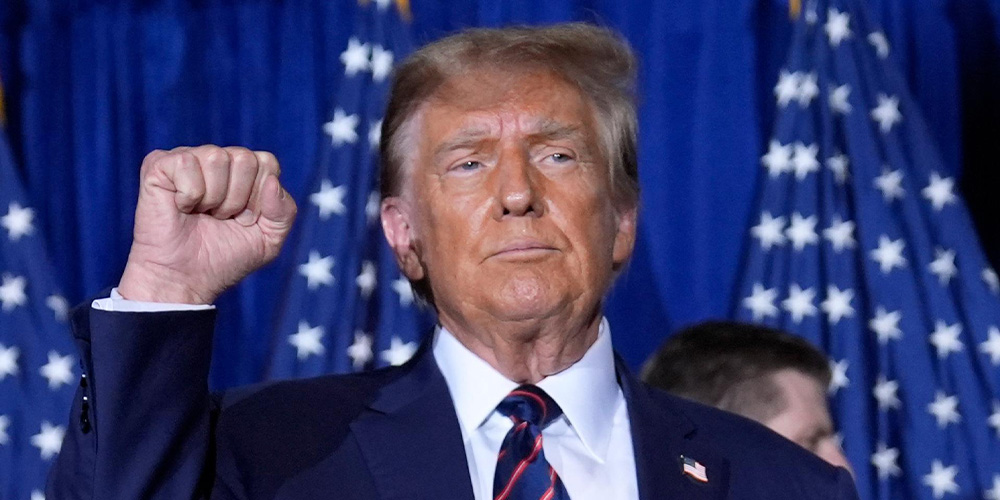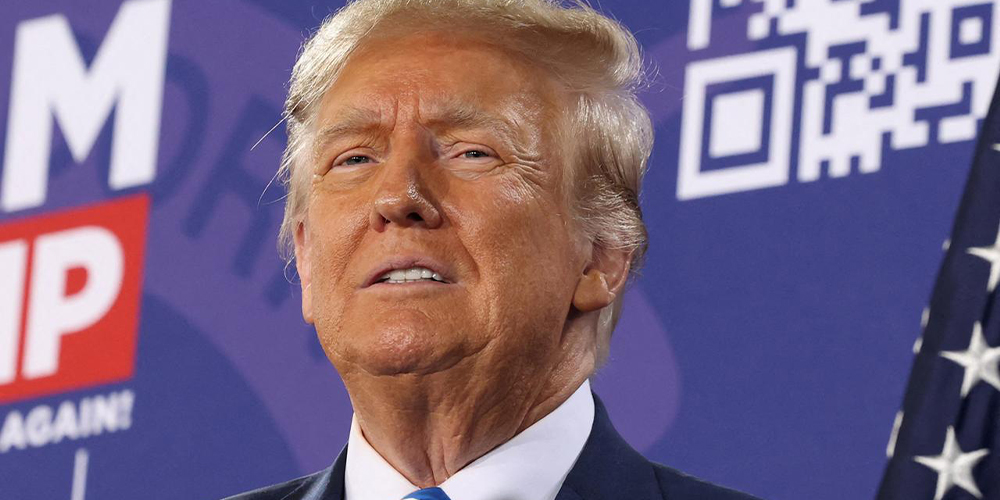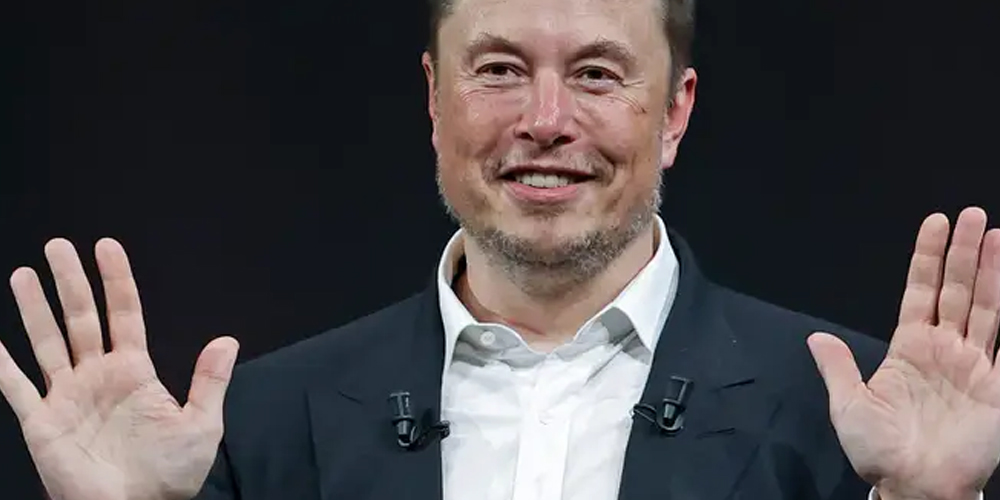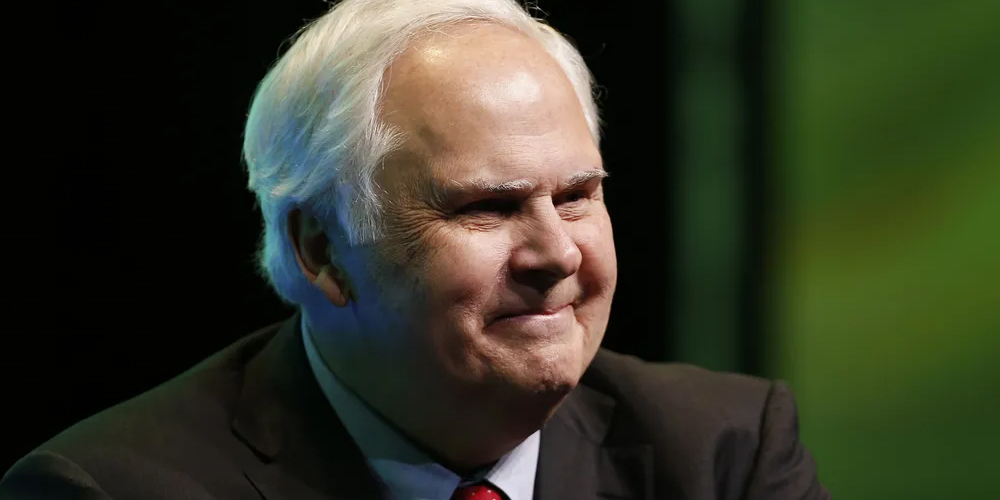Donald Trump: From Real Estate Mogul to U.S. President
Donald Trump is a multifaceted figure whose career spans various fields, including real estate, television , and politics. His journey from a successful businessman to the 45th President of the United States reflects a complex narrative filled with ambition, controversy, and significant public interest.
The Early Years: Foundations in Business
Donald John Trump was born on June 14, 1946, in Queens, New York, to a wealthy family. His father, Fred Trump, was a prominent real estate developer , which provided Donald with a unique perspective on the business from a young age. Growing up in a household focused on entrepreneurship, Trump developed an interest in the real estate market early on. After completing his education at the New York Military Academy, he attended Fordham University before transferring to the Wharton School of Finance at the University of Pennsylvania. He graduated in 1968 with a degree in economics.
Joining the Family Business
After graduating, Trump joined his father’s business, E. Trump & Son. He began working in the family business, focusing on residential housing in Brooklyn and Queens. In the early 1970s, he was eager to break away from his father’s shadow and make a name for himself in Manhattan. His ambition led him to seek larger projects that could elevate his profile.
Building a Brand
Trump’s big break came in 1976 when he negotiated a deal to acquire the Commodore Hotel, which was struggling financially. He transformed it into the Grand Hyatt Hotel, partnering with Hyatt Corporation. This project was a turning point; it not only generated significant profits but also established his reputation as a savvy dealmaker. The Grand Hyatt’s success opened doors for further ventures and allowed Trump to brand himself as a prominent developer in Manhattan.
The Rise of the Trump Organization
In the 1980s, Trump continued to expand his portfolio. He engaged in high-profile developments, including the construction of Trump Tower in 1983. This luxurious skyscraper became a symbol of his brand, featuring upscale residential apartments, office space, and a public atrium. The tower was not only a financial success but also solidified Trump’s status as a **real estate mogul**. During this time, he diversified into various industries, including casinos and golf courses, further enhancing his business empire.
Television Fame: The Apprentice
In 2004, Trump expanded his brand into television with the reality show The Apprentice. This program showcased aspiring entrepreneurs competing for a job within the Trump Organization. The show was a ratings success and introduced Trump to a broader audience. His catchphrase, “You’re fired!” became widely recognized, and his television persona contributed significantly to his public image. The success of The Apprentice further solidified Trump’s reputation as a savvy businessman and cultural icon.
Transition to Politics
Despite his business success, Trump had long harbored political ambitions. In 2011, he began to publicly question President Obama’s citizenship, a move that stirred significant controversy. This led to speculation about his potential candidacy for the presidency. In June 2015, Trump officially announced his candidacy for the **Republican** nomination, positioning himself as a political outsider willing to challenge the status quo.

Campaign Strategies and Themes
Trump’s campaign focused on several key issues, including immigration, trade, and national security. His slogan, “Make America Great Again,” resonated with many Americans who felt left behind by globalization and economic changes. Trump’s rhetoric was often blunt and confrontational, appealing to voters who were frustrated with traditional politicians. He utilized social media platforms, particularly Twitter, to communicate directly with his supporters, bypassing traditional media channels and fostering a strong online following.
Winning the Nomination
Trump’s unconventional approach paid off. He faced a crowded field of Republican candidates but managed to secure the nomination by leveraging his popularity among grassroots supporters. His ability to dominate media coverage and tap into the concerns of many voters set him apart from his opponents. In the 2016 Republican National Convention, he formally accepted the nomination, positioning himself as the candidate who would bring about significant change.
The 2016 Election
The general election campaign against Democrat Hillary Clinton was one of the most contentious in American history. Trump’s campaign focused on themes of economic nationalism, law and order, and a hardline stance on immigration. His rallies attracted large crowds, and he often spoke about “draining the swamp” of corruption in Washington.
Election Day and Victory
On November 8, 2016, Trump won the election in a stunning upset. Despite losing the popular vote, he secured key states like Michigan, Wisconsin, and Pennsylvania, flipping the Electoral College in his favor. His victory was a reflection of the deep political divisions within the country, with many rural and working-class voters rallying behind his message. This outcome highlighted the significant shifts occurring in American politics.
Presidency: A New Era
Trump was inaugurated on January 20, 2017. His presidency was marked by a series of ambitious policy initiatives and significant controversies. One of his first actions was to sign an executive order aimed at repealing the Affordable Care Act. He also pushed for tax reform, culminating in the Tax Cuts and Jobs Act of 2017, which aimed to reduce corporate tax rates and stimulate economic growth.
Controversial Policies
Trump’s administration implemented a controversial travel ban targeting several predominantly Muslim countries. This policy faced legal challenges and sparked widespread protests. Additionally, his stance on immigration led to heightened tensions surrounding border security and the treatment of undocumented immigrants. The Trump Administration also withdrew the U.S. from several international agreements, including the Paris Agreement on climate change and the Iran nuclear deal, altering America’s global standing.
Impeachment Proceedings
In December 2019, Trump was impeached by the House of Representatives on charges of abuse of power and obstruction of Congress. The impeachment stemmed from allegations that he pressured Ukraine to investigate his political rival, Joe Biden. The Senate trial resulted in his acquittal in February 2020, but the process underscored the deep political polarization during his presidency.
Handling of the COVID-19 Pandemic
The onset of the COVID-19 pandemic in early 2020 presented unprecedented challenges for Trump’s administration. His response drew both support and criticism. Some praised his efforts to expedite vaccine development through Operation Warp Speed, while others criticized his handling of the crisis, particularly regarding testing and public health messaging. The pandemic significantly impacted the economy and public sentiment as the nation faced lockdowns and health crises.
Legacy and Impact
As of 2024, Trump’s legacy remains a subject of intense debate. Supporters highlight his economic policies, judicial appointments, and efforts to reshape international relations, while critics emphasize the divisive nature of his leadership and its implications for American democracy. His presidency has left a lasting mark on the **Republican Party**, which has been influenced by his populist rhetoric and approach to governance.
Post-Presidency Activities
Since leaving office in January 2021, Trump has remained a dominant figure in Republican politics. He has continued to hold rallies and endorse candidates aligned with his vision. Speculation about a potential 2024 presidential run has kept him in the public eye. His influence on the party and ongoing engagement with his supporters demonstrate his enduring relevance in American politics.
Conclusion
Donald Trump’s journey from a real estate mogul to U.S. President exemplifies a remarkable and complex narrative. His ability to navigate different sectors, build a brand, and resonate with a significant portion of the American populace has left an indelible mark on the nation’s political landscape. Regardless of one’s perspective on his policies and actions, Trump’s impact on American society is undeniable and will continue to be felt in the years to come.







